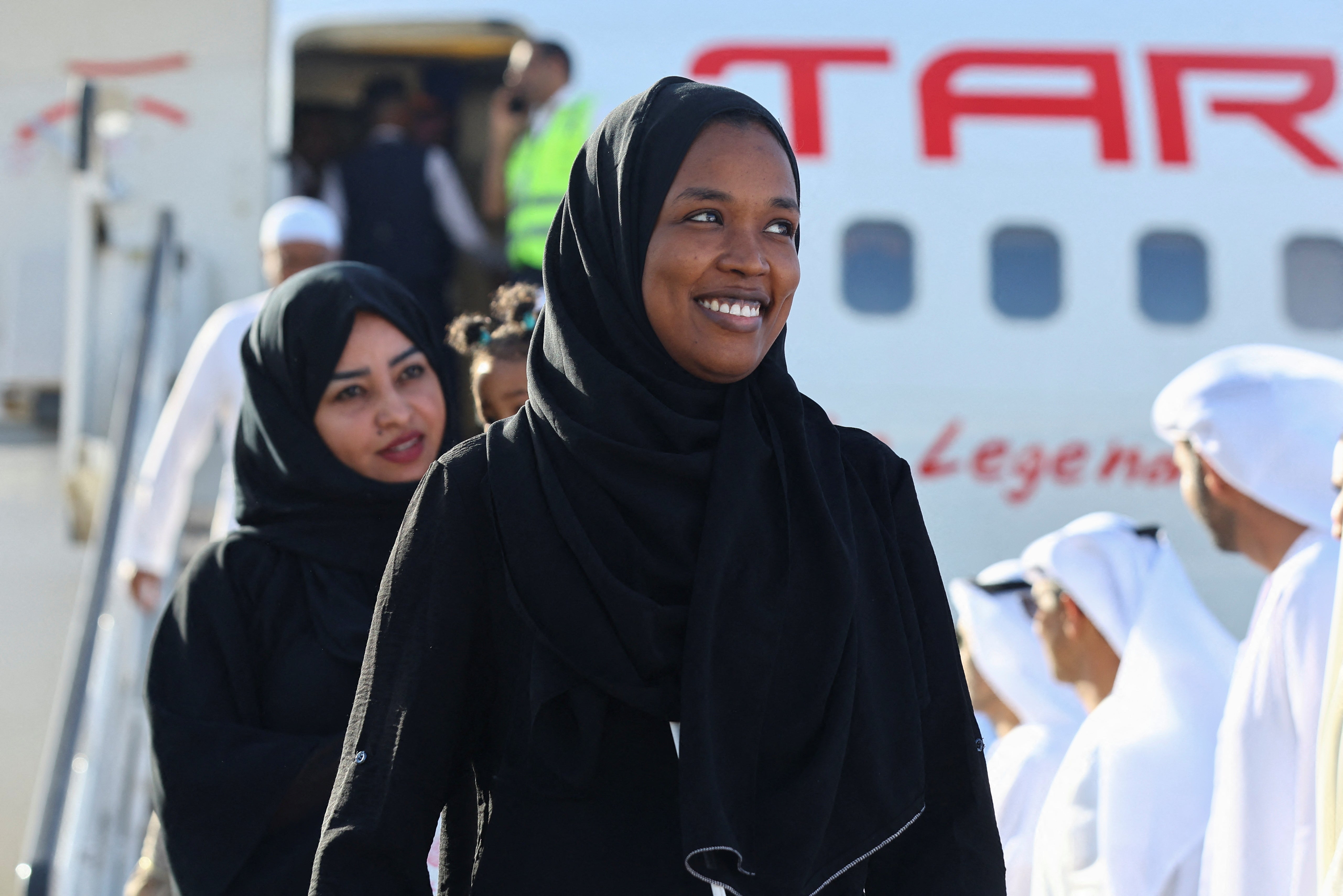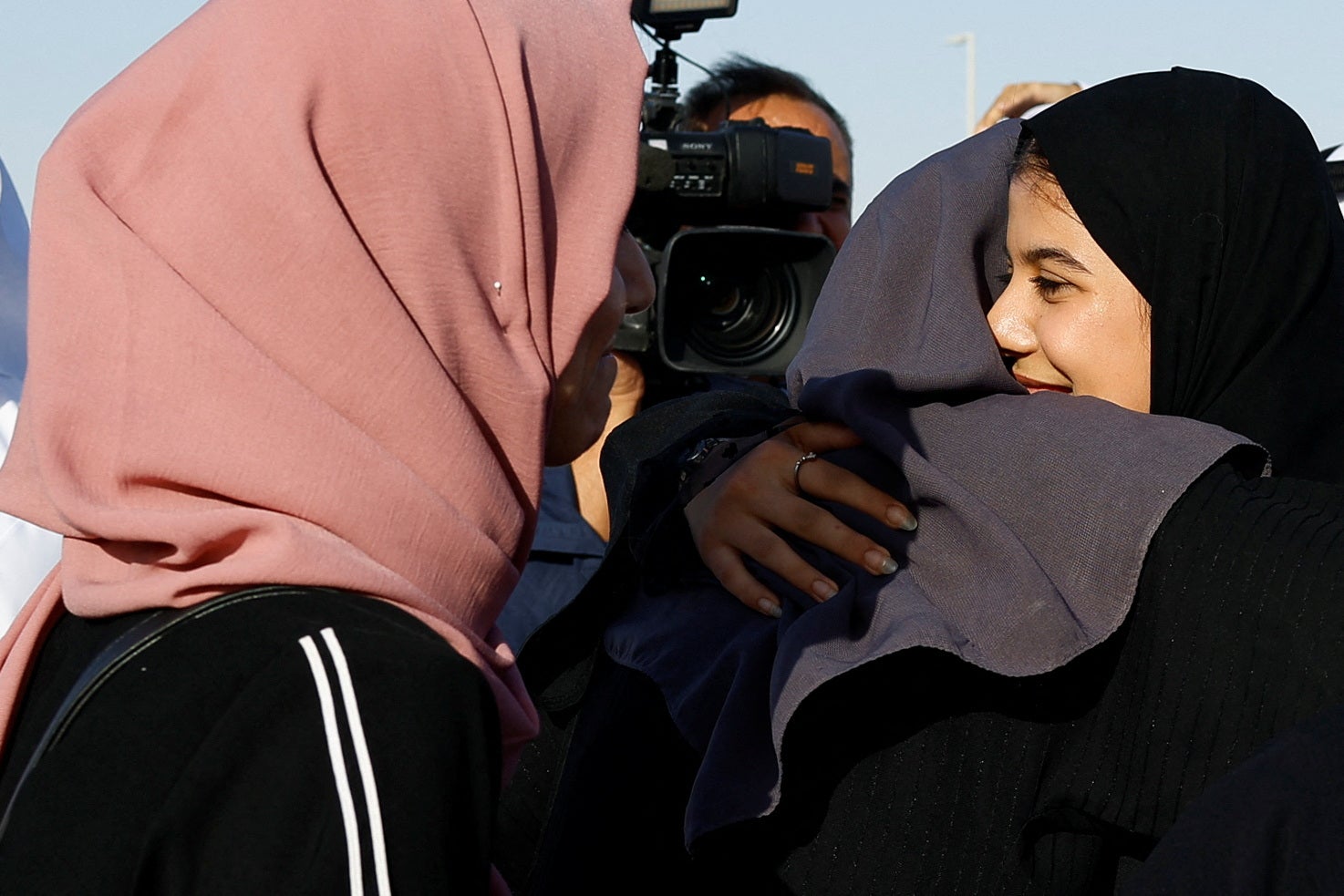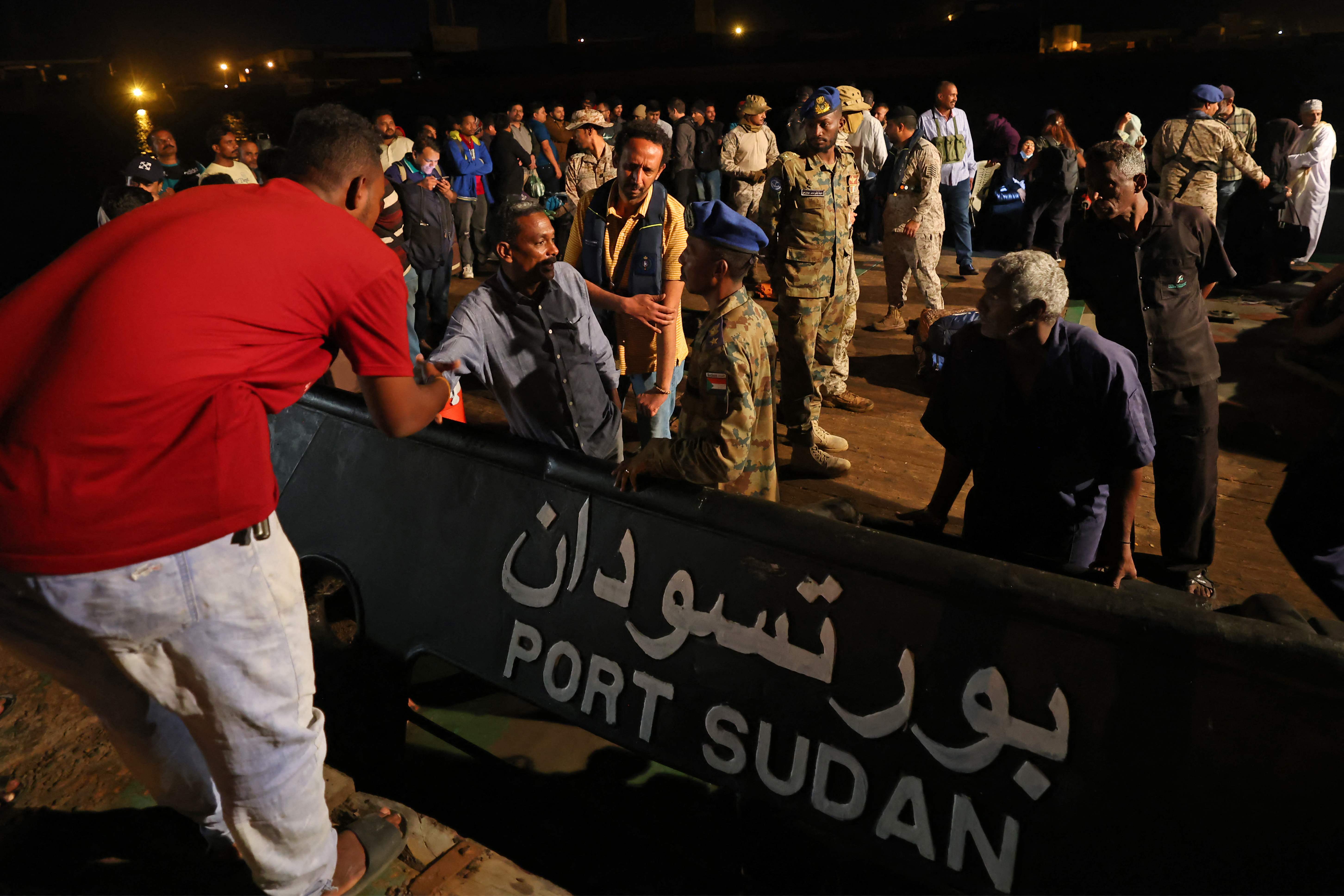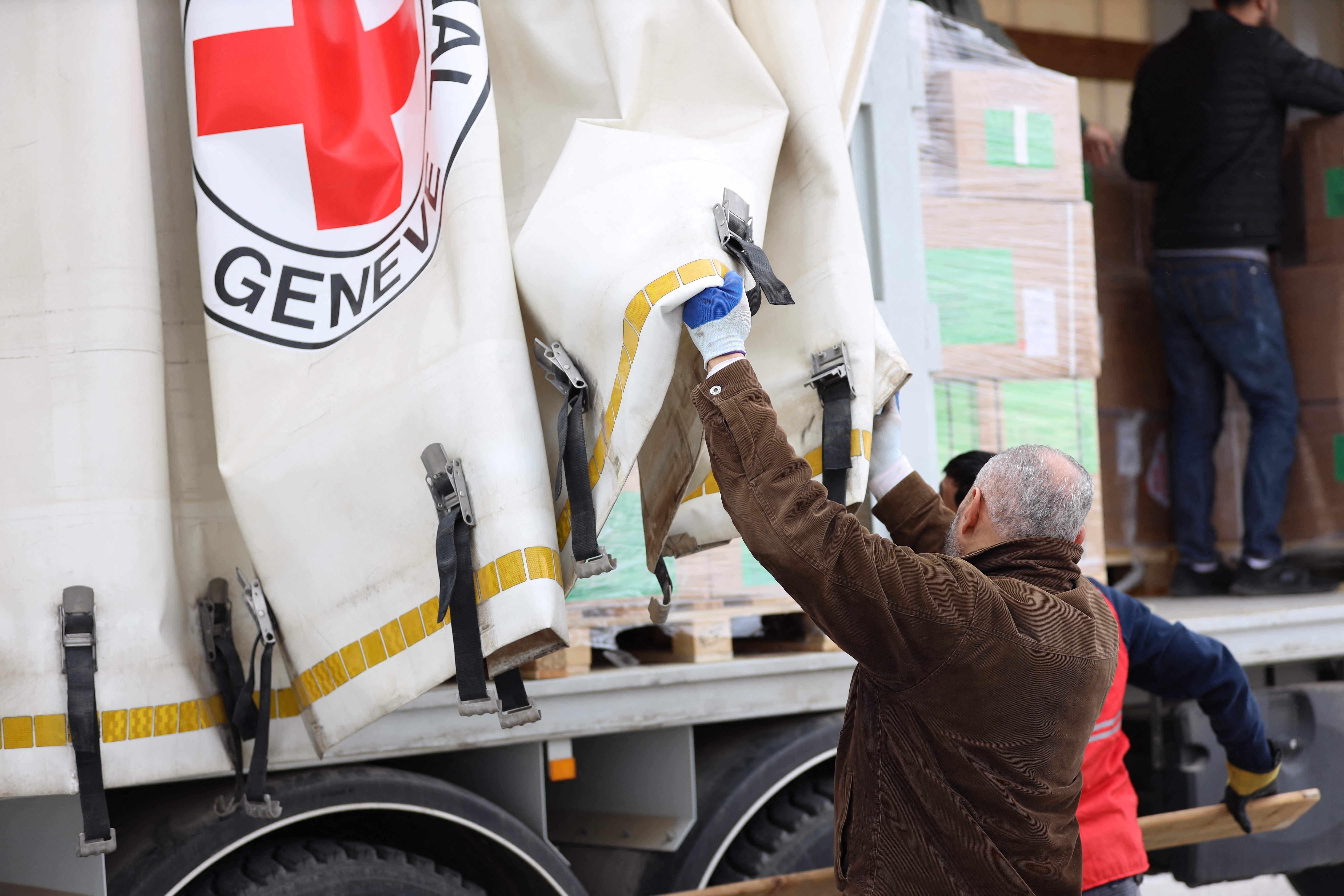
Fighting has intensified in Sudan despite an extended truce between the country’s two warring generals, with the civilian death toll rising and thousands more fleeing the war zone on Sunday.
The Sudanese army said on Sunday that it had agreed that a ceasefire with the paramilitary Rapid Support Forces (RSF) would be extended a further 72 hours from when the current ceasefire ends at midnight local time [2200 GMT].
But hopes the ceasefire could have stopped attacks have been dashed in recent days, with gunfire and airstrikes escalating on the streets of the capital Khartoum. Airstrikes also hit its neighbouring city Omdurman.
At least 435 civilians have been killed in the fighting, according to a Sudan Doctors’ Syndicate report on Sunday while the Sudanese Health Ministry on Saturday put the overall death toll, including fighters, at 528. It is thought the true figure could be much higher as millions remain trapped in Khartoum.

Several countries continued to face a scramble to get citizens out of the war zone on Sunday, with 136 taken to UAE by plane. Pictures showed relieved-looking passengers, who included families, parents and elderly people who had escaped the conflict.
More than 1,000 US nationals have now been flown out of eastern point Port Sudan with more rescues to follow. US citizens and others eligible for the convoy continued on to Saudi Arabia.
Britain announced earlier that a rescue flight would leave Port Sudan on Monday to help evacuate stranded citizens, amid fears that 1,000 UK nationals remain in the country. So far, 2,122 citizens have been rescued on 23 flights.
The head of the British armed forces said on Sunday he is “pleased” with how the evacuation has gone, ahead of the extra flight.
Asked whether he would rule out military intervention in Sudan, chief of defence staff Admiral Sir Tony Radakin said: “The armed forces respond to whatever is required. But this is what we call a non-combatant evacuation operation and it’s firmly remained in that space.”
The added British rescue flight will take advantage of the extended ceasefire, which the Sudanese army said on Sunday would last from midnight on Sunday for 72 hours. It said in a statement the truce would “open humanitarian corridors and facilitate the movement of citizens and residents and enable them to fulfil their needs and reach safe areas”.

The situation in Khartoum, where the army has been battling RSF forces entrenched in residential areas, was relatively calm on Sunday morning after heavy clashes were heard on Saturday evening near the city centre.
The army said on Sunday it had destroyed RSF convoys moving towards Khartoum from the west. The RSF said the army had used artillery and warplanes to attack its positions in a number of areas in Khartoum province.
Fighting broke out earlier this month after a disagreement between army leader Abdel Fattah al-Burhan and RSF chief Mohamed Hamdan Dagalo over how to transfer to a democracy after the fall of dictator Omar al-Bashir.
In an apparent bid to boost its forces, the army said on Saturday that the Central Reserve Police had begun to deploy in southern Khartoum and would be deployed gradually in other areas of the capital.

Sudan’s police said that the force had been deployed to protect markets and property that had been subjected to looting. The RSF on Saturday warned it against becoming involved in fighting.
Meanwhile, an aircraft carrying eight tonnes of emergency medical aid has landed in Sudan to resupply hospitals devastated by fighting.
More than two-thirds of hospitals in areas with active fighting are out of service, a national doctors’ association has said, citing a shortage of medical supplies, health workers, water and electricity.

On Sunday, the aircraft carrying medical aid took off from Jordan and landed in the city of Port Sudan, said the International Committee of the Red Cross (ICRC).
“The hope is to get this material to some of the most critically busy hospitals in the capital” Khartoum and other hot spots, said Patrick Youssef, the ICRC’s regional director for Africa.







